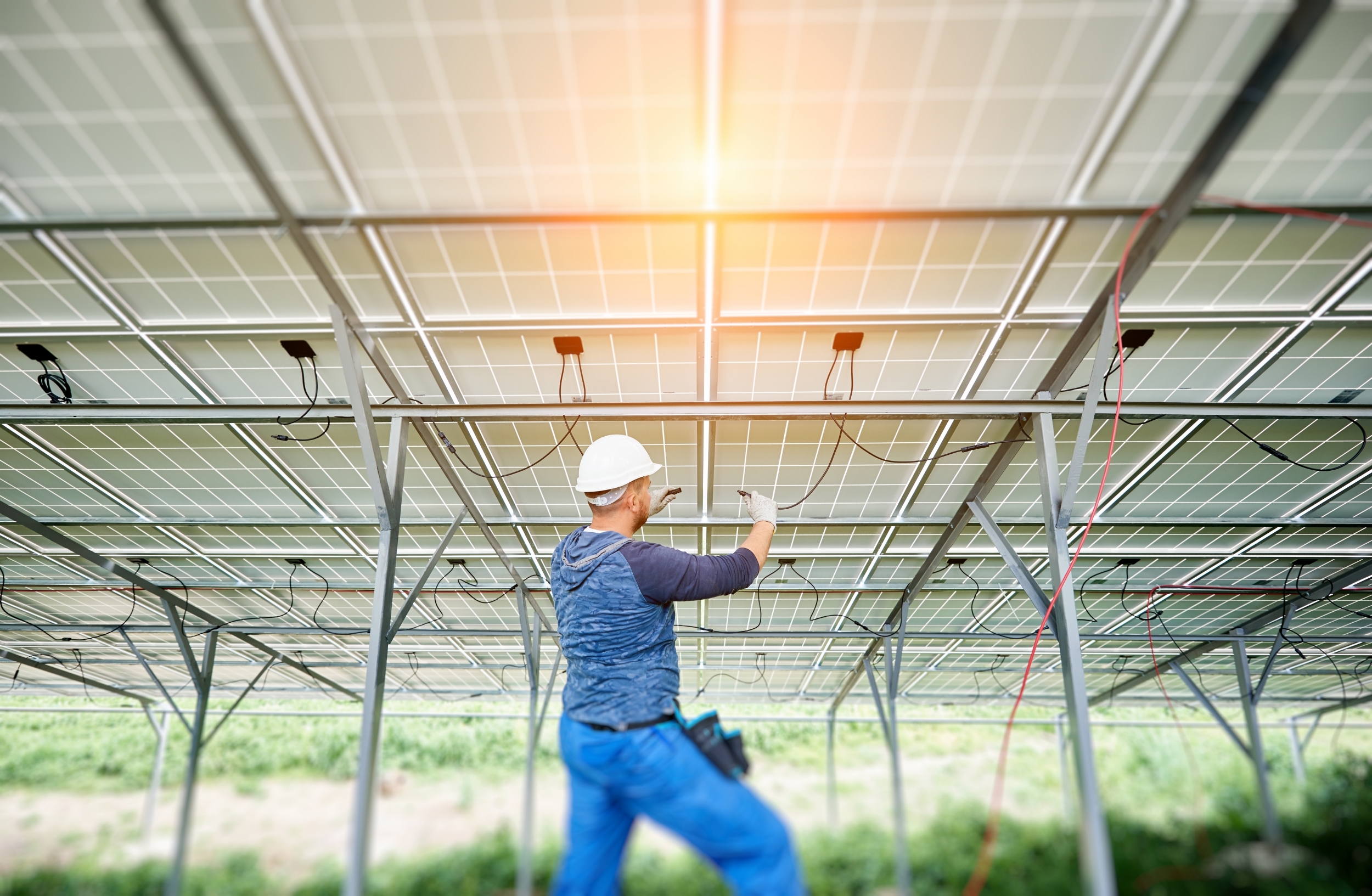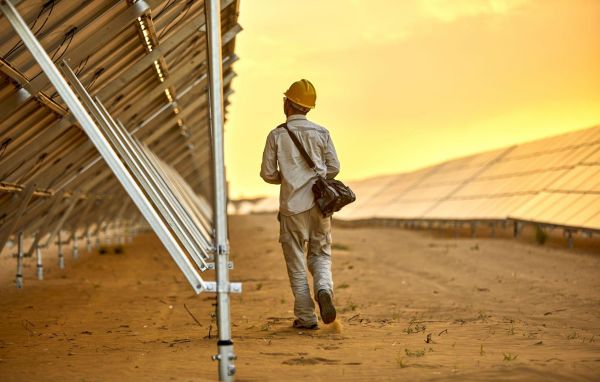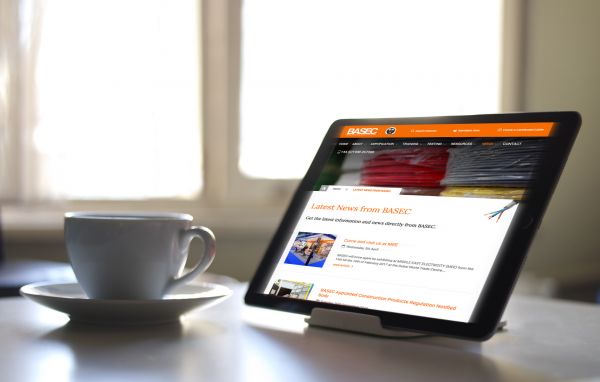Renewable energy growth demands greater cable reliability for solar plants
The UK has been urged to increase its renewable generated electricity 2030 target from 50% to 65%, following recent research by the National Infrastructure Commission. Read more about the importance of cable reliability to facilitate the growing demand and ensure safe and efficient solar energy production.
Renewable energy sources are now the most cost-effective forms of electricity generation due to advances in technology and cost reductions over recent years, according to findings by the National Infrastructure Commission. This provides a significant opportunity for the UK to make progress towards its net zero carbon emissions target by increasing the amount of renewable generated electricity from 50% to 65% by 2030.
Renewable energy production involves a variety of equipment to function efficiently and subsequently, cables are required to perform under extreme conditions through exposure to the environment, such as harsh sunlight and high winds. Taking this into account the reliability and robustness of cables is critical to the whole renewable system performance and to maximising energy production outputs.
Find out more about solar cable standards, testing and certification by downloading the guide.

The growing demand for solar energy globally is reflected in its increase in the UK. Forecasted generation capacity is 15,674 MW by 2023, a 20% increase from 12,962 MW in 2018. DC cables used within solar power systems have a rated voltage of 1.5kV DC and are vital components within the network, central to the distribution of electricity generated from plant to its intended usage destination.
If cable performance standards are not met, for example if a cable is unable to withstand expected mechanical operating stresses or does not have adequate UV resistance, it will decrease overall energy conversion efficiency and potentially lead to failures and additional maintenance.
To validate the safety and quality of solar cables in the industry there are two precise standards that must be adhered to; European standard EN 50618 and International standard IEC 62930. These standards determine if the cables used to generate solar power are suitable to deliver electricity with the highest efficiency and reliability, in order to support the increasing amount of solar power generation and electricity distribution in the UK and around the world. The use of third-party testing and certification provides independent verification that the products meet the standards required.
Safeguard your operations with thoroughly tested, BASEC approved cables.



